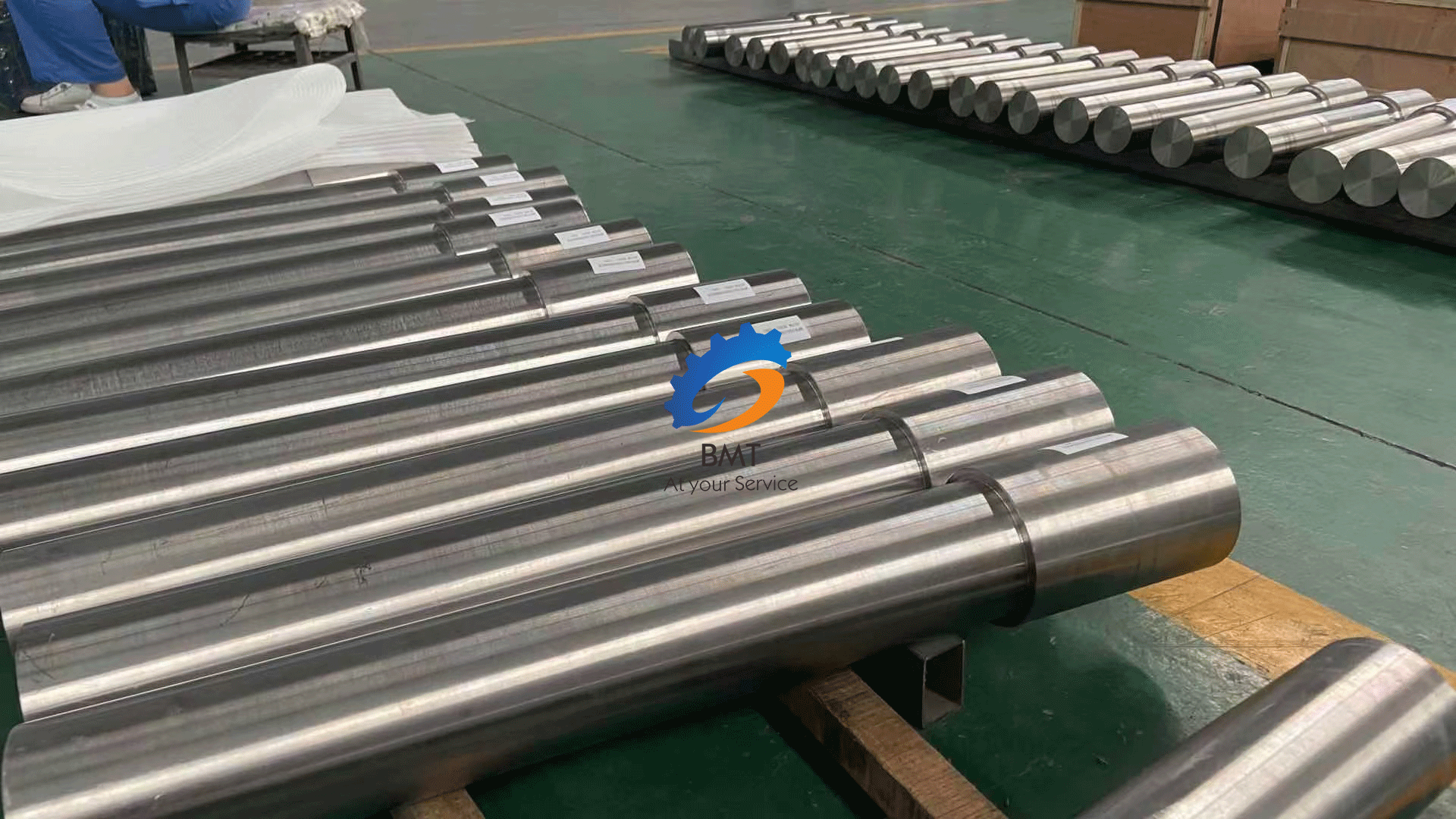
The titanium market has been experiencing significant growth and is expected to continue its upward trend in the coming years, driven by various factors, including increasing demand from multiple industries, advancements in technology, and the constantly evolving aerospace sector. One of the major reasons behind the growth of the titanium market is the rise in demand from the aerospace industry. Titanium is a lightweight and corrosion-resistant metal, making it an ideal choice for aerospace applications. With the increasing number of people traveling by air, there is a need for more efficient and durable aircraft that can withstand long-haul flights.
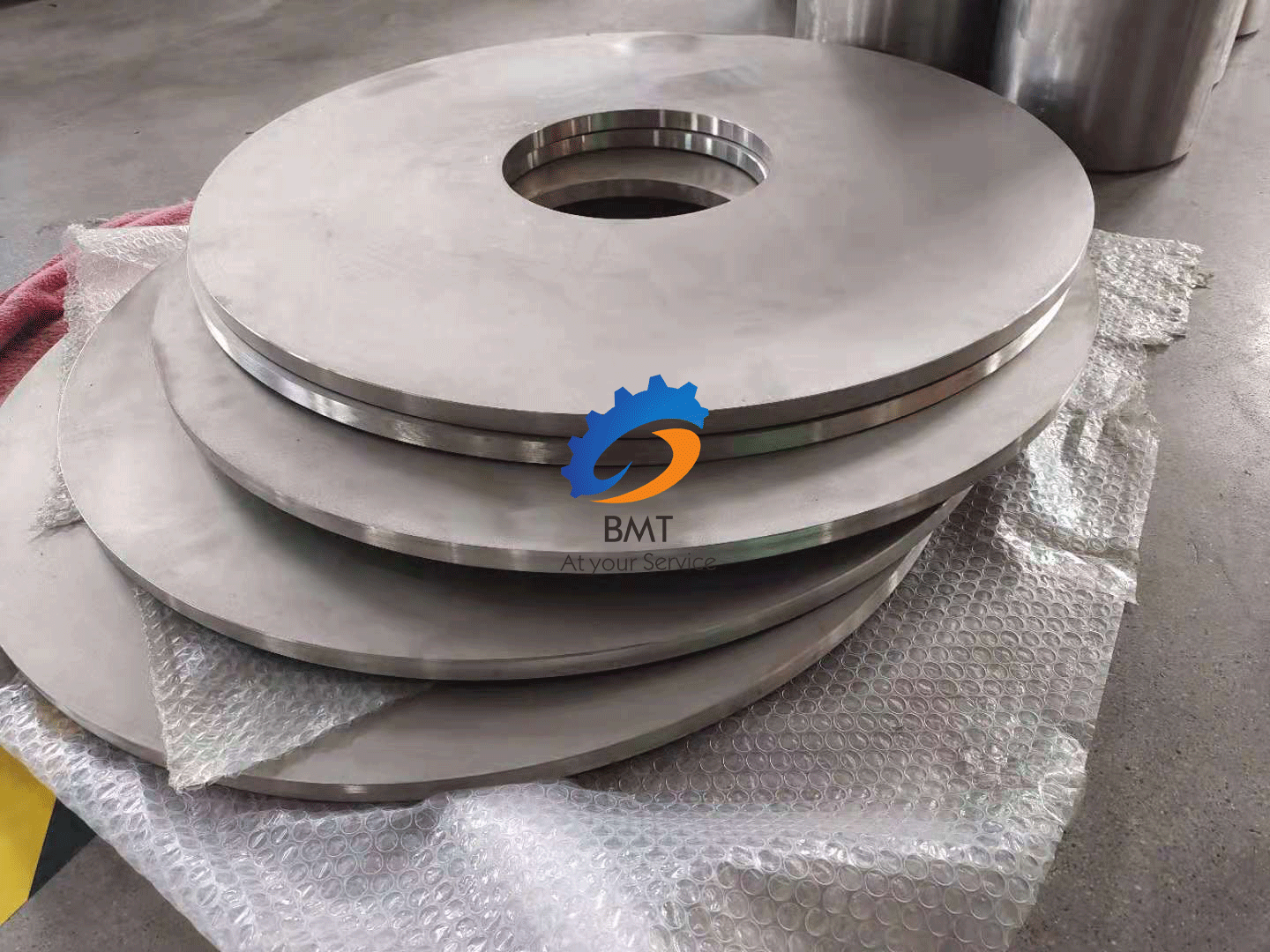
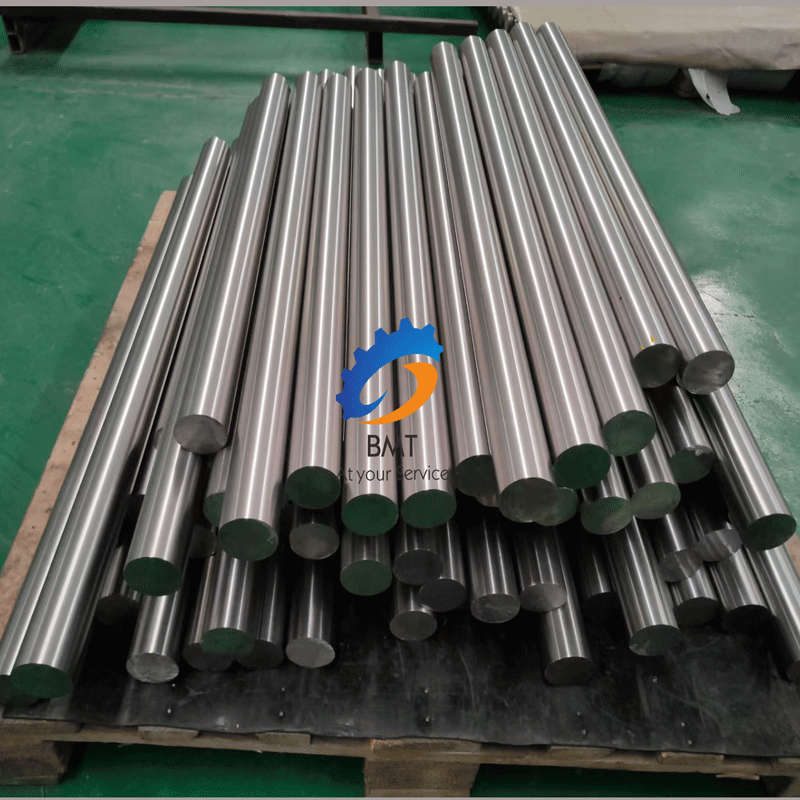
Titanium, with its high strength-to-weight ratio, meets these requirements, making it a preferred material for manufacturing aircraft components, such as engine parts, landing gears, and structural frames. Moreover, the defense sector is another significant consumer of titanium. Military aircraft, submarines, and armored vehicles extensively use titanium due to its strength and ability to withstand harsh operating conditions. As countries worldwide focus on strengthening their defense capabilities, the demand for titanium is expected to rise even further. Furthermore, the medical industry has been another key contributor to the growth of the titanium market. Titanium alloys are widely used in medical implants and devices due to their biocompatibility and corrosion resistance.
With an aging population and technological advancements in medical procedures, the demand for titanium implants, such as hip and knee replacements, dental implants, and spinal implants, is increasing significantly. The market for titanium in the medical sector is projected to grow at a CAGR of over 5% between 2021 and 2026. In addition to these industries, titanium has found applications in the automotive, chemical, and energy sectors, contributing to its market growth. The automotive industry, particularly in electric vehicles (EVs), is utilizing titanium to reduce weight and increase fuel efficiency. Titanium is also used in various chemical processing applications, such as reactors and heat exchangers, due to its resistance to corrosion by chemicals.
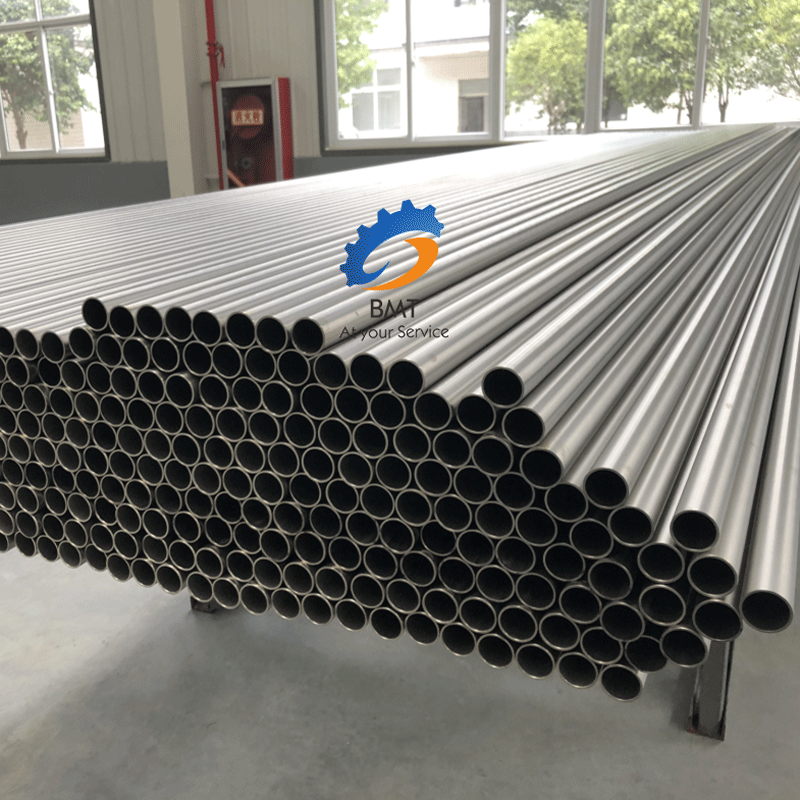
In the energy sector, titanium is used in power generation equipment, desalination plants, and offshore oil and gas platforms, driving its demand further. Geographically, Asia-Pacific is the largest consumer of titanium, accounting for a significant share in the global market. The region's booming aerospace, automotive, and medical industries, coupled with the presence of major titanium producers like China, Japan, and India, contribute to its dominance. North America and Europe also hold substantial market shares due to their strong aerospace and defense sectors.
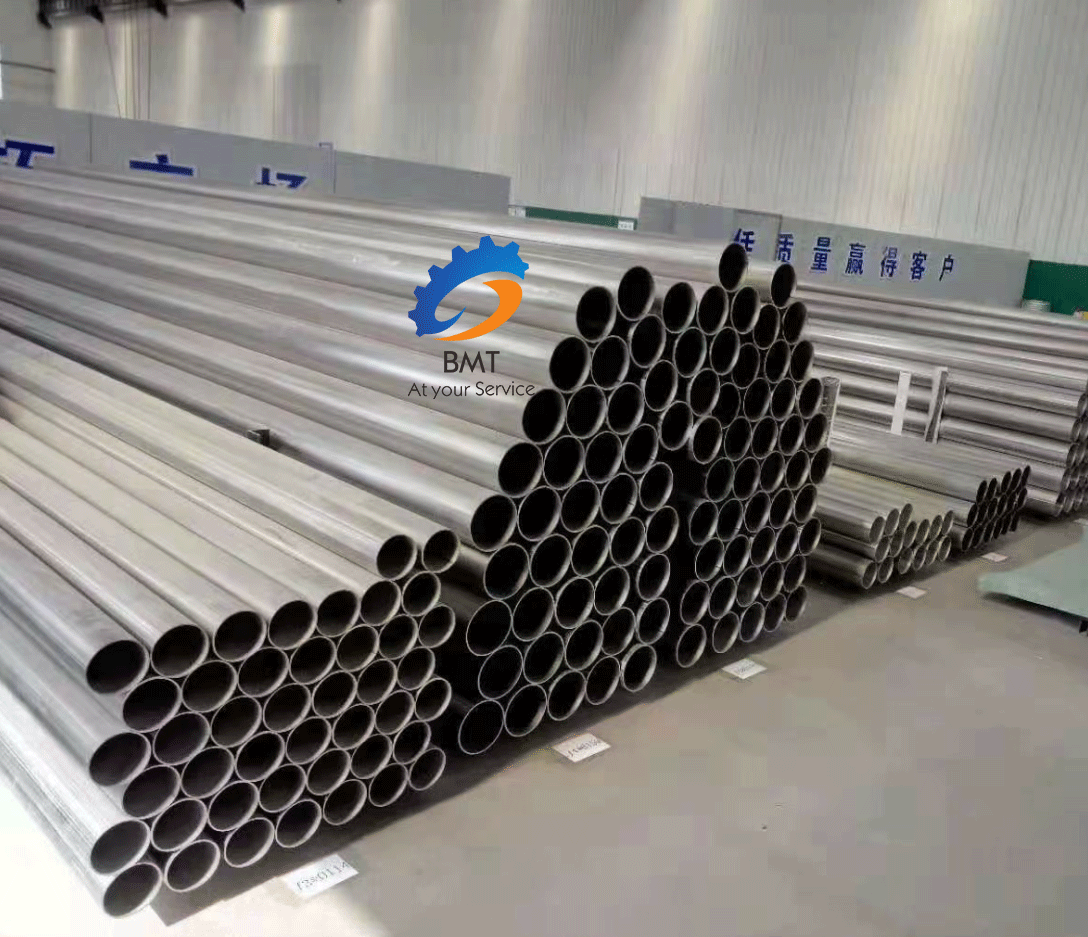

However, despite the growing demand, the titanium market faces certain challenges. The high cost of titanium production and limited availability of raw materials hinder its widespread adoption in various industries. In recent years, efforts have been made to increase titanium recycling rates to reduce dependence on virgin material and mitigate environmental impacts. Overall, the titanium market is witnessing substantial growth due to its unique properties and diverse applications across industries such as aerospace, defense, medical, automotive, and energy. As technological advancements continue and industries strive for improved efficiency, the
Post time: Aug-14-2023
